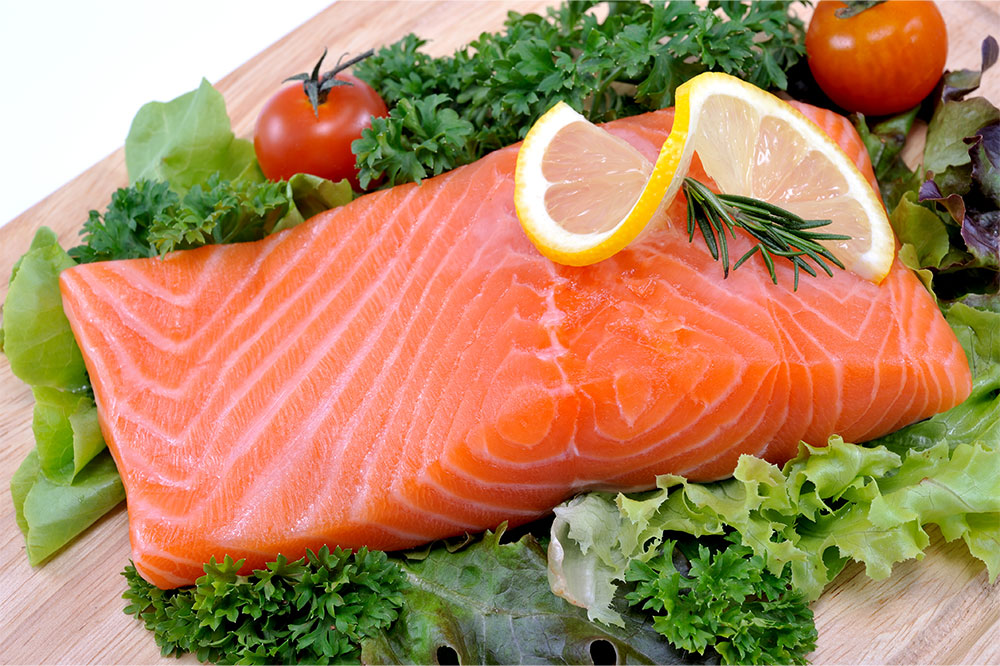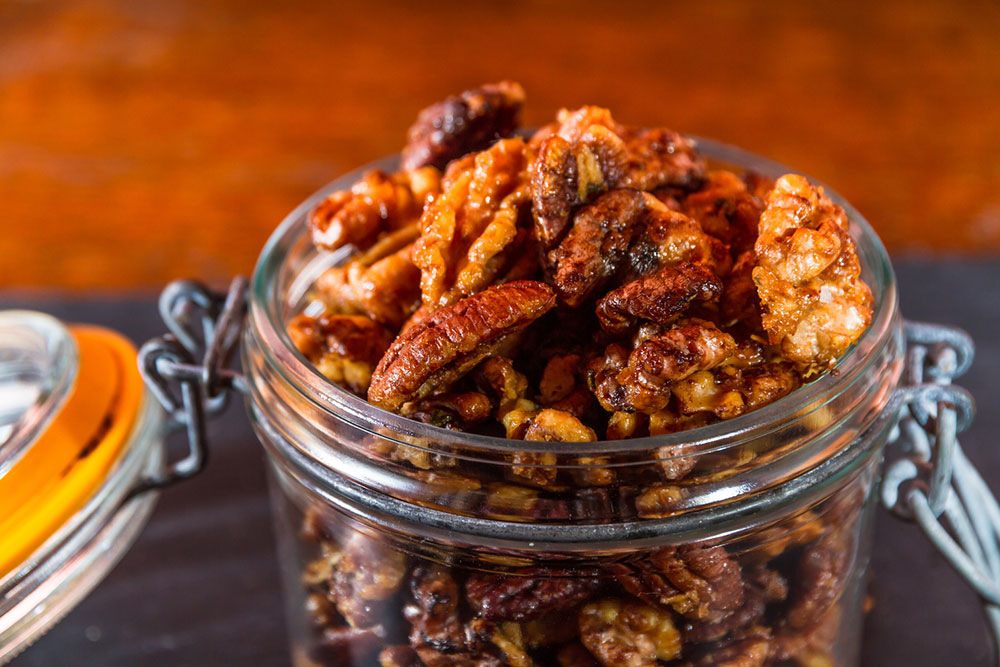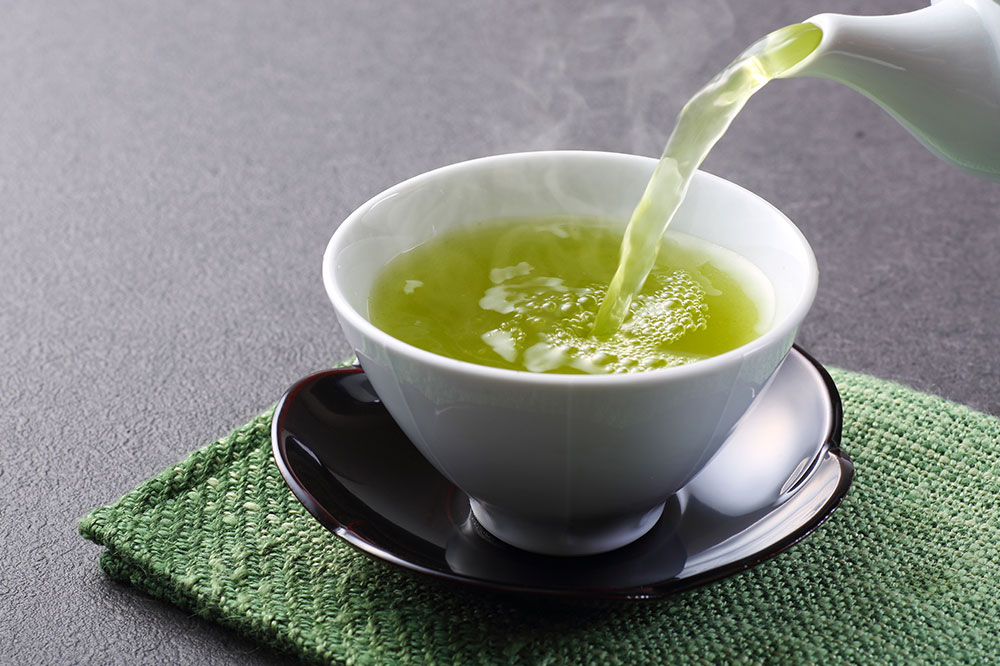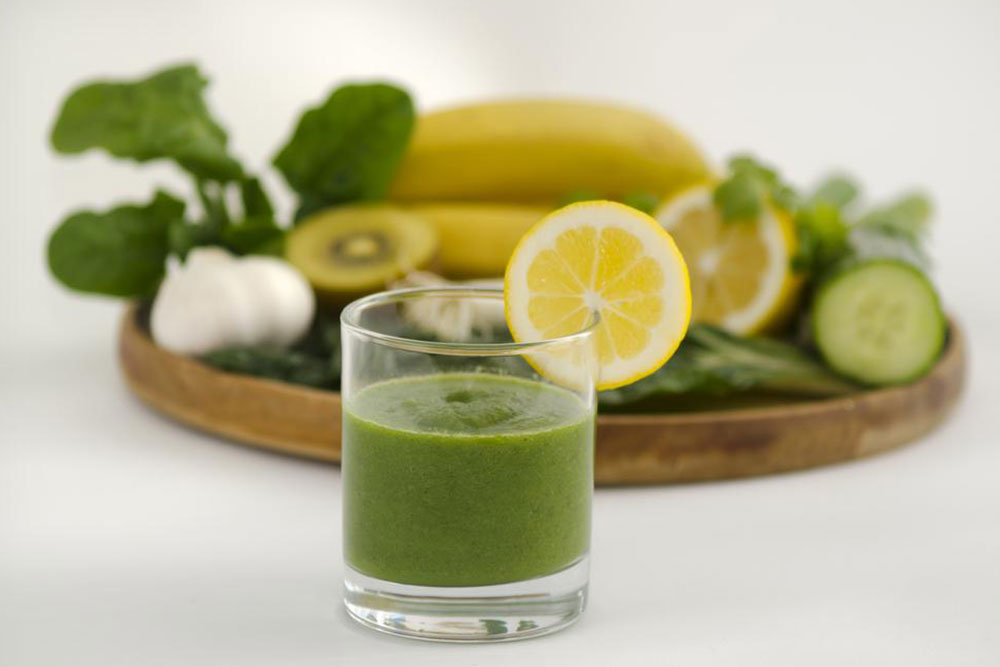Nutritional Strategies for Managing Arthritis
Discover effective dietary strategies to manage arthritis symptoms. Foods like fatty fish, garlic, ginger, broccoli, walnuts, and berries can help reduce inflammation and joint pain. Learn how incorporating these nutritional choices, along with prescribed medications like ACTEMRA®, can enhance joint health and improve quality of life for arthritis sufferers.

Nutrition Tips for Arthritis Relief
Arthritis encompasses a variety of joint disorders characterized by stiffness, swelling, and discomfort that can affect individuals across all backgrounds, ages, and genders. Common forms include rheumatoid arthritis, an autoimmune condition where the immune system attacks joint tissues, and osteoarthritis, resulting from joint overuse. Certain dietary choices can support arthritis management by reducing inflammation and alleviating pain. Below are some top foods that may help individuals better control their arthritis symptoms and improve joint health.
Fatty Fish
Rich in omega-3 fatty acids, fish like salmon, mackerel, sardines, and trout offer strong anti-inflammatory benefits. Consuming these fish can help reduce joint stiffness, decrease inflammatory compounds, and lessen pain in the morning. Additionally, the vitamin D found in fatty fish supports immune health and may help prevent rheumatoid arthritis symptoms. The American Heart Association recommends eating at least two servings weekly to combat inflammation effectively.
Garlic
Garlic is renowned for its health-promoting properties, including cancer prevention and heart health. It also exhibits anti-inflammatory qualities that may help decrease arthritis symptoms and bolster immune defenses.
Ginger
Known for its warming flavor, ginger can also alleviate arthritis-related discomfort. Studies indicate that regular consumption of ginger reduces knee pain and inhibits substances responsible for inflammation. Use dried, fresh, or powdered ginger to help ease joint symptoms.
Broccoli
As a cruciferous vegetable, broccoli contains sulforaphane, which has been linked to lower inflammation levels. Including broccoli in your diet may help diminish arthritis symptoms by reducing inflammatory markers.
Walnuts
These nutrient-dense nuts are high in omega-3 fatty acids and compounds that combat inflammation. Research suggests that walnut consumption can decrease rheumatoid arthritis symptoms and markers of joint inflammation.
Berries
Packed with antioxidants, berries like blueberries, strawberries, and blackberries can reduce inflammatory processes. Regular intake of berries—at least two servings per week—has been associated with a 14% reduction in inflammatory marker levels. They also contain plant compounds like rutin and quercetin for added health benefits.
In addition to dietary improvements, some patients may require medications to manage joint conditions. For example, ACTEMRA® (tocilizumab) is an FDA-approved drug for rheumatoid arthritis. It works by blocking interleukin-6 (IL-6), a protein involved in inflammation, thereby reducing joint pain and swelling. The medication is administered via injection or infusion, with self-injections typically scheduled weekly or bi-weekly.
Disclaimer: The information provided here is for educational purposes only. It should not replace professional medical advice. Always consult qualified healthcare providers for diagnosis, treatment plans, or medication inquiries.










